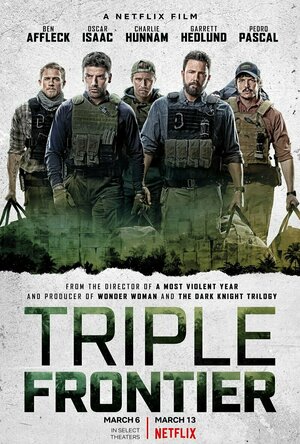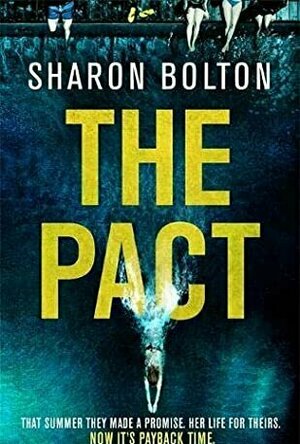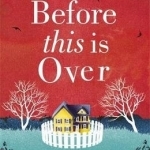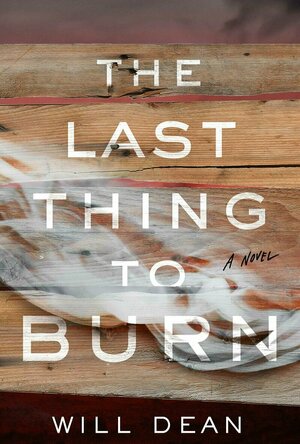
Air Force Jet Fighter 3D
Games and Navigation
App
Air Force Fighter is an ultimate sky war against the enemy airplanes and sky fighters. Take control...

I Can't Make This Up: Life Lessons
Book
Superstar comedian and Hollywood box office star Kevin Hart turns his immense talent to the written...
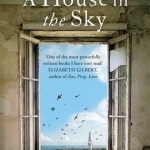
A House in the Sky: A Memoir of a Kidnapping That Changed Everything
Amanda Lindhout and Sara Corbett
Book
A House in the Sky is the dramatic and redemptive memoir of Amanda Lindhout, a woman whose curiosity...
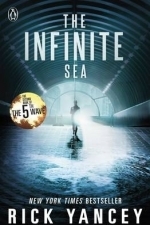
The Infinite Sea
Book
The Infinite Sea is the second book in the phenomenal and bestselling 5th Wave series by...
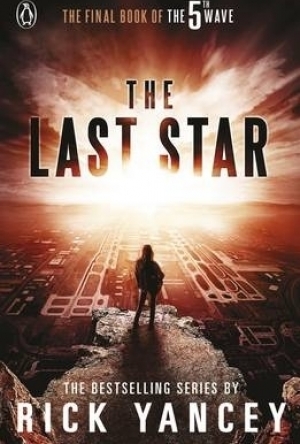
The Last Star
Book
The Last Star is the heart-stopping finale to the bestselling 5th Wave series by award-winning...
Charlie Cobra Reviews (1840 KP) rated Triple Frontier (2019) in Movies
Jul 5, 2020
In Columbia fighting drug crime, Santiago "Pope" Garcia (Oscar Isaac), has been working for 3 years. Finally the moment he's been waiting for occurs, when his informant, a woman named Yovanna (Adria Arjona), offers the location of a big time drug lord in exchange for smuggling her brother and her out of the country. She also tells him that the drug lord Lorea keeps all his money with him in his safe house in the jungle. Pope recruits his friends, a group of ex Army Special Forces, for a mission to take out Lorea and seize the money for themselves. But when things go wrong it's one unexpected turn of events after the other, with things spiralling out of control. In an epic battle for survival they are pushed to their breaking point, putting their morals, skills, and loyalties to the test.
This movie was good. Wasn't quite what I expected. As good as it was, I feel like it was missing something. It was a little slow in the beginning, after the first action sequence, and pacing was a bit off. Definitely as advertised in being an action/thriller. If you like action scenes where they shoot-'em-up, this definitely has plenty. I just felt with the pacing that they were far and in between. The acting was very good, the only thing I would say is that the characters didn't have much to keep you connected to them and really care about what happens to them in the long run. It felt like they weren't fully fleshed out and they could have done more to do that better. One thing it did do very well was how it showed the motivations of some of the characters and what led them to the decisions they made. I give this movie a 7/10.

Beauty: The Fortunes of an Ancient Greek Idea
Book
Those who study the nature of beauty are at once plagued by a singular issue: what does it mean to...
BookInspector (124 KP) rated The Pact in Books
Jul 1, 2021
The narrative of this novel was a little slow for my liking, but I was extremely keen to find out what is going to happen with Megan. I enjoyed the way the author kept me guessing and the suspense growing, and all the twists and turns were a welcome distraction to break the monotony that built up sometimes. The topics discussed were dangerous driving, alcoholism, survival, rich privilege, friendships, belonging, mental health issues, guilt, relationships between friends and families, and many more.
The writing style of this book is easy to read, enjoyable and creative, but something is missing. It is one of the “softer” books by this author, I could say. I am more used to her dark secrets, never-ending suspense and gripping from the first-page kind books, and this book was a little behind with it. I did like the ending of this novel, which was filled with action and rounded this story extremely well. 🙂 The chapters are pretty short, so the pages just fly by. I have pretty bad car anxiety, especially when it comes to accidents and reckless drivers, so parts of this book did not sit well with me because of these nuances. (I was able to enjoy this book never the less, I just screamed at the characters in my head. 😀 ) So if you suffer from it like me, proceed with caution. 😉
So, to conclude, I enjoyed this novel. The characters are very well developed and truly enchanting. They all have to offer so much to this book and I loved reading about them and their lives. The plot has plenty of intrigue, well placed twists and unexpected surprises and kept me guessing.
BookInspector (124 KP) rated Before This is Over in Books
Sep 24, 2020
The main character in this book was Hannah, a wife and mother of two boys. Normally I really enjoy reading books, told from different perspectives, but in this case, the whole story was told from Hannah’s perspective only, and it didn’t leave me disappointed. I really liked the relationship which this family was sharing: the support and understanding between Hannah and her husband were very strong, and I also enjoyed reading about their parenting techniques, there is something new to learn. 🙂 The characters who really annoyed me were the children. I am not a very big fan of kids, and they got on my nerves really bad in this book (children will remain, children, I get it…) I really liked Hannah as a character, she was doing everything she could to survive those horrible weeks in isolation, and I really respected her decisions, even though sometimes they used to be really harsh.
The plot of this book was concentrated around Hannah’s house, sometimes including some news about next door neighbours. This book was quite long, and sometimes the chapters used to drag a little, but one thing I liked, that when you think everything is going to be ok, Hickie throws in a challenge for the family to face. That’s what kept me going and interested in this book. I was curious whats next, how and when this all epidemic is going to finish.
The writing style was very creative and pleasant to read. The chapters were too long for my liking and it really dragged sometimes. I really liked the idea of using a calendar symbol to mark the new chapters, I think it was creative and something new. The ending of this book rounded the whole story quite good. However, it left me wondering, what happened to the other characters, who came along the way. So, to conclude, this is a really emotionally challenging novel about survival and choosing whats best for your family. I do strongly recommend to give it a try, I really enjoyed this adventure.
ClareR (6054 KP) rated The Last Thing To Burn in Books
Jan 12, 2021
My dad lives in Lincolnshire, and to get to where he lives (Boston), we have to drive through what seems to be miles and miles of flat farmland (filled mainly with cruciferous vegetables, if my nose remembers correctly!), so it was easy to see how hard it would be for Jane to escape. You can see for a long way - uninterrupted by hills, or indeed anything else at all! This was such a good choice of location. It was that feeling of being trapped by your environment, even though Jane wasn’t exactly locked away. Jane’s every move is monitored on CCTV when her ‘husband’ isn’t there. And if she breaks any of his rules, she is punished. Not physically - instead he takes one of her very few belongings, and burns it whilst she watches.
This is a story of abuse, imprisonment and survival. No matter how much he seeks to control her, “Jane” is free to think and remember what it was like to be free. Whilst I was reading this, that’s all I wanted for her - freedom.
I don’t know whether the phrase “I loved every minute of this book” reflects all that well on me. I mean, it’s pretty horrific. But love it I did. I’d recommend this book to anyone - and then rub my hands together, whilst cackling evilly... Ok, that is a bit weird. But really. Just read the book.
Many thanks to the Hodder and Stoughton and NetGalley for providing me with a copy of this book to read and review.
